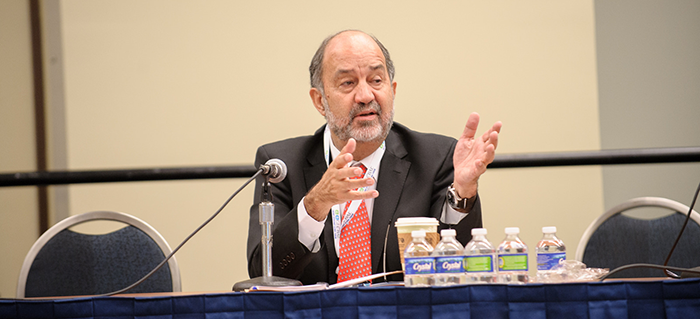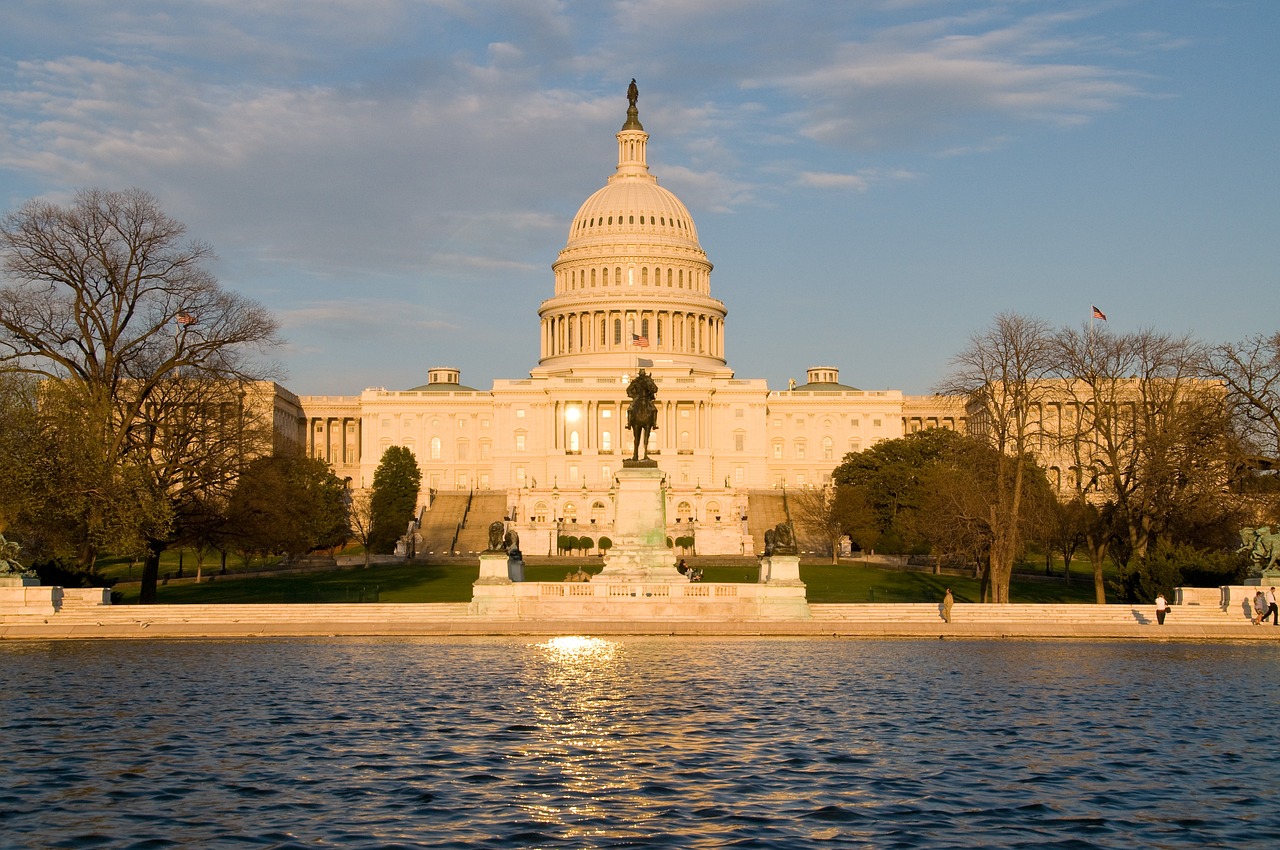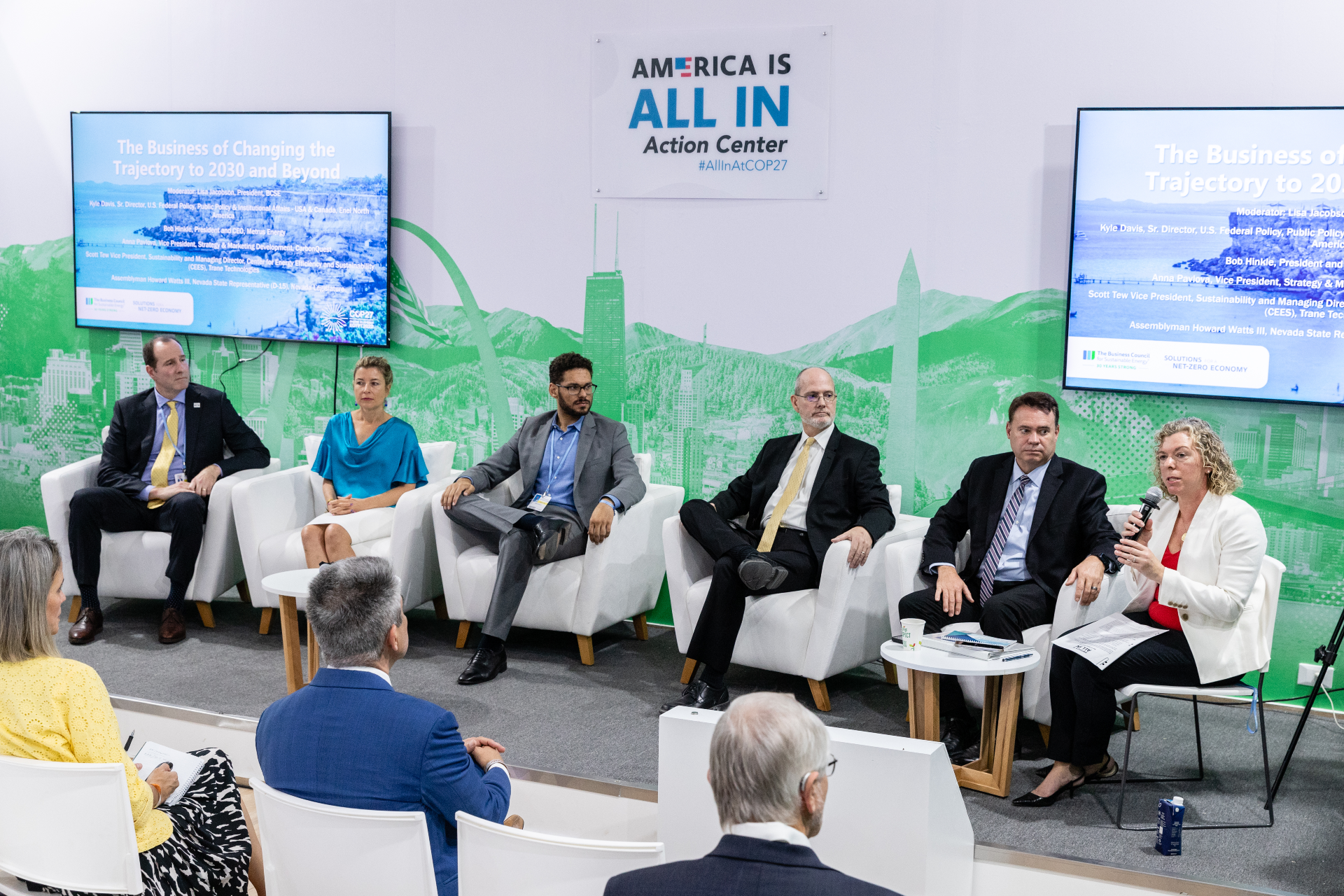Subnational governments: How are they serving as living policy laboratories?
Let's Save Energy
Alliance to Save Energy's Blog

Local energy policy may not receive a heavy share of the headlines, but most people who consume energy are directly and beneficially affected by efficiency programs implemented by subnational governments such as states, counties and cities. And these programs come in all shapes and sizes, according to a panel of experts convened on May 12 at EE Global. Some programs, like those based on policy recommendations in a comprehensive World Resources Institute report, are designed to address local challenges of increased rates of urbanization.
Others, like an innovative approach being implemented in Chattanooga, Tennessee, are aimed at reaching residents in need who may not welcome assistance from outside their communities. State energy offices across the U.S. are frequently the first to tackle new problems or try new approaches. This phenomenon is not unique to the U.S., and is occurring around the world in countries like Mexico, which is making real differences in the lives of their own citizens through subnational energy policy.
As I prepared to moderate the panel, which I recapped in a previous post, I thought about how subnational government “experiments” (to continue with the panel’s laboratory metaphor) trickle up to my work in federal energy policy. In a lively and substantive dialogue with our audience, the panelists addressed this question and many others. If only we had more time…the interactions between national and subnational governments are too numerous to count.
At the Alliance to Save Energy, our core policy work in buildings, water and financing is focused on the U.S. government. But now is a good time to revisit how our federal efforts are complemented by work underway at the state and local levels. Of course, for the sake of brevity this post is not comprehensive – I encourage readers to use the comment section here to keep the discussion going.
Building Efficiency
Generally, policies requiring data transparency and disclosure are enacted at the city or county level. Improved availability of energy data is needed for building owners to make wise investment decisions and encourage cost-effective improvements that also attract tenants. The Alliance hosted a briefing in February that highlighted the leadership of Washington, D.C., metropolitan area governments in this frontier of energy efficiency and market transformation and reiterated the importance of strong building energy codes.
Energy-Water Nexus
Water and wastewater facilities are a huge drain (pun intended) on scarce local government resources. According to the U.S. Environmental Protection Agency, “[w]ater and wastewater utilities are typically the largest consumers of energy in municipalities, often accounting for 30 to 40 percent of total energy consumed.” The Alliance recommended three ways to harness savings in water and wastewater utilities in its “Roadmap” to doubling U.S. energy productivity that would lower municipal energy bills and pass savings along to taxpayers.
Finance
Many states and local governments are considering innovative financing models and establishing new entities designed to help improve access to affordable capital for residents and businesses to pay for energy efficiency projects. These initiatives are prime opportunities for collaboration among public-, private- and non-profit-sector partners to meet economic development and sustainability goals that are responsive to the needs of their communities. The Alliance would like to see more leadership on the part of the federal government (inclusion of the SAVE Act and Sec. 4002 (concerning loan program authority) in the Senate energy bill are two positive steps forward) to encourage more “green banks” to sprout up.
RECENT BLOG POSTS
STAY EMPOWERED
Help the Alliance advocate for policies to use energy more efficiently – supporting job creation, reduced emissions, and lower costs. Contact your member of Congress.
Energy efficiency is smart, nonpartisan, and practical. So are we. Our strength comes from an unparalleled group of Alliance Associates working collaboratively under the Alliance umbrella to pave the way for energy efficiency gains.
The power of efficiency is in your hands. Supporting the Alliance means supporting a vision for using energy more productively to achieve economic growth, a cleaner environment, and greater energy security, affordability, and reliability.



